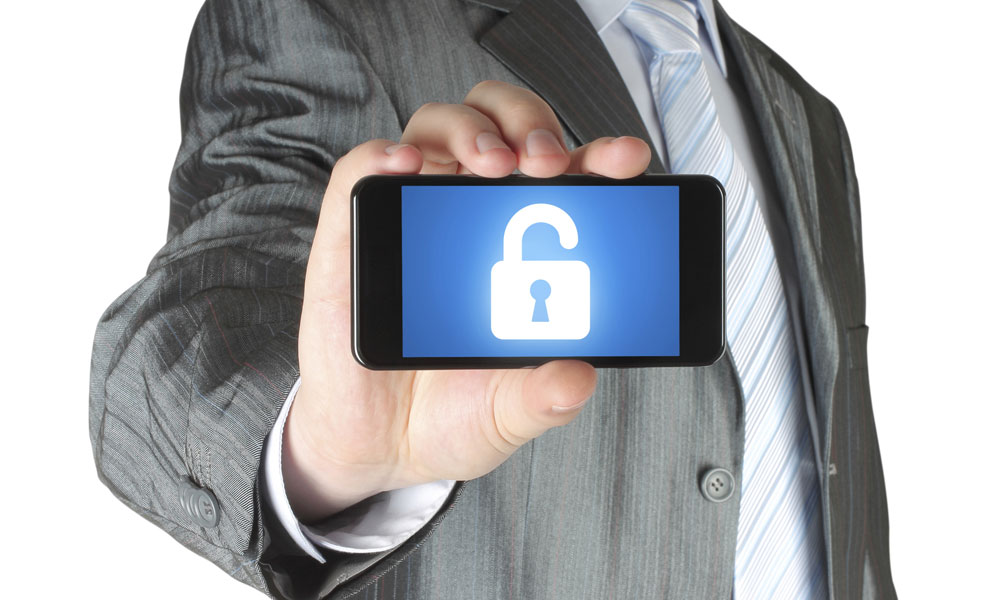
FCC to Wireless Group: Unlock Phones Voluntarily, or Else
In one of his first moves as chairman of the Federal Communications Commission, Tom Wheeler has asked CTIA: The Wireless Association to come up with a voluntary plan to allow for the unlocking of phones. If not, he says, the agency may be forced to step in.
In one of his first moves as chairman of the Federal Communications Commission, Tom Wheeler has asked CTIA: The Wireless Association to come up with a voluntary plan to allow for the unlocking of phones. If not, he says, the agency may be forced to step in.
When it comes to phone unlocking, the gauntlet has been thrown down.
On Thursday, newly appointed Federal Communications Commission Chairman Tom Wheeler sent a letter to Steve Largent, the president and CEO of CTIA-The Wireless Association, asking the group to come up with a voluntary plan to allow for the unlocking of phones.
In the letter [PDF], Wheeler notes that the FCC staff has been working with CTIA to develop an amendment to the association’s Consumer Code that deals with the rights owners have to unlock their mobile wireless devices once their contracts have been fulfilled.
The FCC chairman’s letter lays out five elements any proposed amendment should include: a clear, accessible policy on unlocking; industry agreement to unlock the devices; a process by which providers notify consumers when unlocking becomes an option or it is done automatically for them; a two-day turnaround on processing unlocking requests or explaining why it was denied; and unlocking of the phones of military personnel upon deployment.
Wheeler explains that the notification process is the sticking point between the FCC and CTIA, but believes without this aspect, the program would be a “hollow shell.”
“Enough time has passed, and it is now time for the industry to act voluntarily or for the FCC to regulate,” Wheeler writes. “Let’s set a goal of including the full unlocking rights policy in the CTIA Consumer Code before the December holiday season.”
Wheeler’s tough letter to Largent might come as a bit of a surprise to some in the association space: The FCC head was the leader of CTIA and was replaced by Largent in 2003. However, the internet and information access advocacy group Public Knowledge spoke out in favor of the chairman’s stance, suggesting the move shows Wheeler’s independent streak.
“Despite the fact that this is such an uncontroversial position, carriers continue to hand wave about fanciful doomsday scenarios about their bottom lines,” Sherwin Siy, Public Knowledge’s legal affairs VP, said in a press release. “If we all agree that people should be able to use their devices on any network they choose, it’s time for that to be a reality.”
CTIA’s stance on this issue has evolved over time, but in recent months the association has emphasized the technical obstacles inherent in finding a universal unlocking solution—something CTIA Vice President of Regulatory Affairs Scott Bergman emphasized in a statement to FierceWireless.
“While CTIA supports giving consumers a robust set of options, it is important for consumers to note that an unlocked phone doesn’t necessarily mean an interoperable phone, given the technological and engineering realities of wireless networks,” Bergman said. Verizon and Sprint use differing wireless technologies from AT&T, for example, a situation which could add a layer of confusion for consumers.
Bergman encouraged the passage of the Unlocking Consumer Choice and Wireless Competition Act, a bill which would reverse a 2012 Library of Congress ruling outlawing the practice of cell phone unlocking.
(iStock/Thinkstock)






Comments